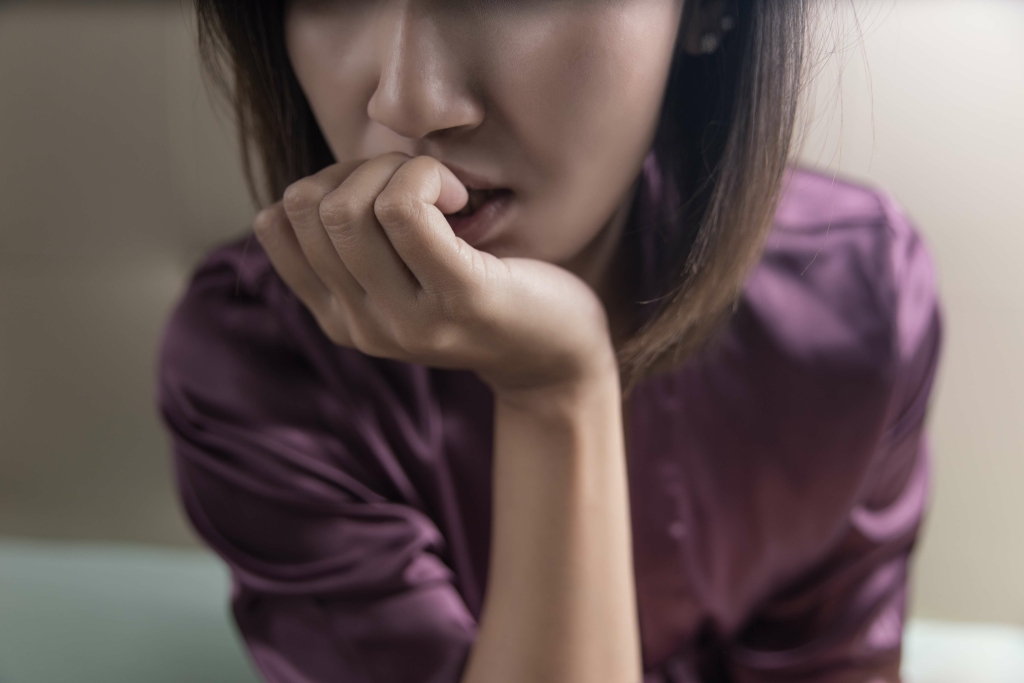Why does alcohol make me sneeze?
susanti
- 0
Alcohol intolerance means it’s difficult for your body to break down (metabolize) alcohol. This allows toxins to build up, resulting in facial flushing and other alcohol intolerance symptoms. Such symptoms indicate allergies, a developing infection, and other conditions that require medical intervention, so it is worth consulting a doctor at a family practice or an ENT clinic. Quick diagnosis and appropriate treatment will free you from persistent sneezing and prevent further development of the disease and its possible complications. The symptoms are like those of hay fever, also called allergic rhinitis.
Is it bad to drink alcohol when you have allergies?
Chronic alcohol consumption has detrimental effects on the immune system, potentially resulting in lung diseases and infections. Intolerance could also arise from preservatives, such as sulphites, commonly used in alcoholic drinks, leading to reactions like nasal congestion. Thus, the relationship between alcohol consumption, immune response, and various symptoms is complex and significant. However, alcohol-induced sneezing is usually benign and not indicative of serious medical issues.
- Wine, specifically red wine, can worsen allergy symptoms due to the presence of sulfites, which can trigger asthma and other allergic reactions in some people.
- In some cases, it may be necessary to discontinue drinking wine altogether to avoid further complications.
Alcohol Allergies
However, to eliminate them completely, it is necessary to avoid consuming red wine altogether. Tannins are astringent compounds that contribute to the bitter taste and aroma of wines. When these compounds come into contact with the nasal passages, they can create an irritation sensation which leads to a reflexive sneeze response. If you’re allergic to wine, the best way to prevent having an allergic reaction to wine is to avoid drinking it. One 2005 study surveyed people who experience upper airway symptoms in response to alcohol.
Allergy Quizzes
If they do not have an epinephrine injection to treat anaphylaxis right away, it could be fatal. If a person thinks they have an alcohol allergy, they should eliminate alcohol from their diet and consult with a healthcare professional. However, some people with Hodgkin lymphoma experience pain in their lymph nodes after consuming alcohol.

You may get stuffy nose owing to the presence of some preservatives in alcohol. Many times, some allergic reactions can make you more sensitive towards alcohol intake. People alcohol and sneezing often call alcohol intolerance an alcohol allergy, and vice versa. People who have a true alcohol allergy should avoid drinking alcohol entirely. The phenomenon of sneezing after beer consumption can be attributed to a combination of factors including the presence of histamines, allergens, carbonation, and individual sensitivities. Understanding these factors can help identify potential triggers and provide effective strategies for managing or preventing sneezing.
- However, if you notice an escalation in symptoms or the development of new respiratory issues, it is advisable to consult a medical professional.
- Additionally, the phenolic compounds found in red wine can cause further irritation and worsen the condition.
- Non-drowsy antihistamines are generally the best option, as they’re less likely to make you feel sleepy.
- If you’ve had reactions to wine, could you also have reactions to other things?
- People should note, however, that its authors do not propose that this means that alcohol causes allergies.
People with alcohol intolerance may experience immediate reactions, such as nasal congestion and skin flushing. We rarely think of alcohol as having much to do with allergies; the usual offenders – pollen, pet dander, dust mites, environmental pollutants – get the lion’s share of negative press. Some people are even allergic to alcohol itself and can experience symptoms ranging from stomach cramps to hives.

When you drink alcohol, watch for nasal infections that develop slowly. At first, it might not bother you much, but the mucus in your nose can thicken, causing more problems. Incomplete absorption of alcohol by the body could be one reason why you get stuffy nose on drinking alcohol. This happens because body is not able to tolerate the alcohol which circulates in blood.
How To Flush Sulfites Out Of Your Body?
However, a person is usually allergic or intolerant to certain ingredients in the drink, rather than the alcohol itself. An allergic reaction might not occur the first time a person encounters an allergen. However, they can come on suddenly, and a person could develop an alcohol allergy at any point in their life. Symptoms are more likely to be a reaction to the ingredients in a drink, or the alcohol causing other types of allergies to worsen. If someone has a true allergy to alcohol, they should avoid the substance entirely. People with alcohol intolerance could still consume alcohol, although they will likely experience side effects.

How Do You Know When Your Body Is Rejecting Alcohol?
Ok, so now that we’ve answered the question – why does my nose get stuffy when I drink? – it’s time to determine whether this is really a cause for concern or not. But even with our guide on how to get rid of a hangover, you may want to dig deeper beyond the simple remedies and solutions drug addiction treatment to determine whether there is a real cause for concern here. This effect can also make you feel hot when you drink alcohol, but it can also lead to short-term nasal congestion. The blood vessels around your nasal cavity can expand, making it a bit more difficult to breathe normally. Read on to uncover the science behind the stuffy nose phenomenon as well as key strategies to prevent it from becoming an inevitable side effect of drinking alcohol.